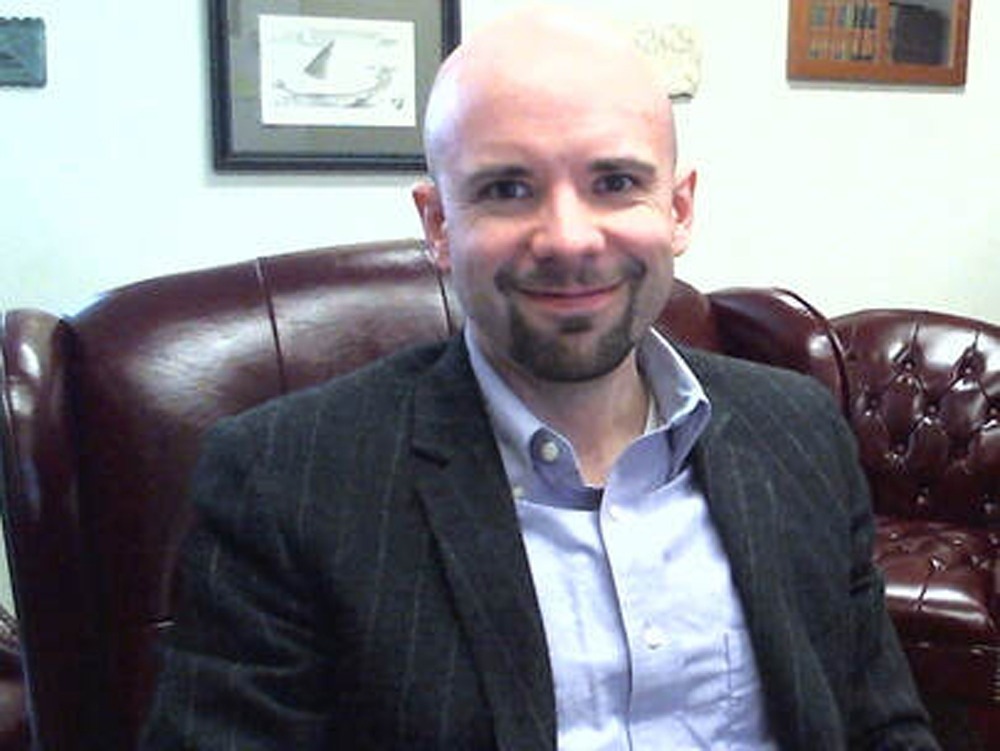Brian Sharpless is a clinical psychologist and author from the US. His particular subject of interest is sleep disorders and sleep paralysis (SP). As the researcher says, SP is a terrifying phenomenon that has played an important role in many supernatural and folklore beliefs. At the same time, SP is very common – especially among students and patients with psychiatric diseases.
Sharpless has devoted more than a dozen publications to this topic. Among other things, he wrote a guide for medical practitioners. Sleep paralysis is a recognized disorder of sleep and wakefulness, but it is not widely known to specialists who work in fields unrelated to sleep. Often patients are unwilling to disclose episodes of SP due to embarrassment: they see hallucinations and think they are going crazy.
Sharpless gives some practical advice for the prevention of sleep paralysis:
– avoiding alcohol and caffeine before going to bed
– going to bed and waking up every day at the same time
– sleeping on your side (sleeping on your back or stomach makes SP more likely)
– meditation
– awareness exercises
The researcher also studied the possibility of experiencing pleasant sleep paralysis. As we know, SP is more often than not a frightening experience: the body is paralyzed while the consciousness is awake, accompanied by hallucinations. However, surprisingly, pleasant sleep paralysis is not such a rare phenomenon; in fact, it occurs approximately every fourth case of SP (23%). As the scientist adds, the ability to lucid dream makes this more likely.
Last year, Sharpless was also part of a team that studied how belief in the supernatural can affect sleep. In this study, belief in UFOs and near-death experiences as proof of the afterlife were associated with episodes of sleep paralysis, thus showing a correlation between two of the known phase states.
What was the first phase state you experienced (lucid dreaming, sleep paralysis, false awakening, near-death or out-of-body experience)?
The researcher’s works can be found on his Google Scholar page.
Get all the latest news about lucid dreams via our channels on Telegram, Instagram, Facebook




